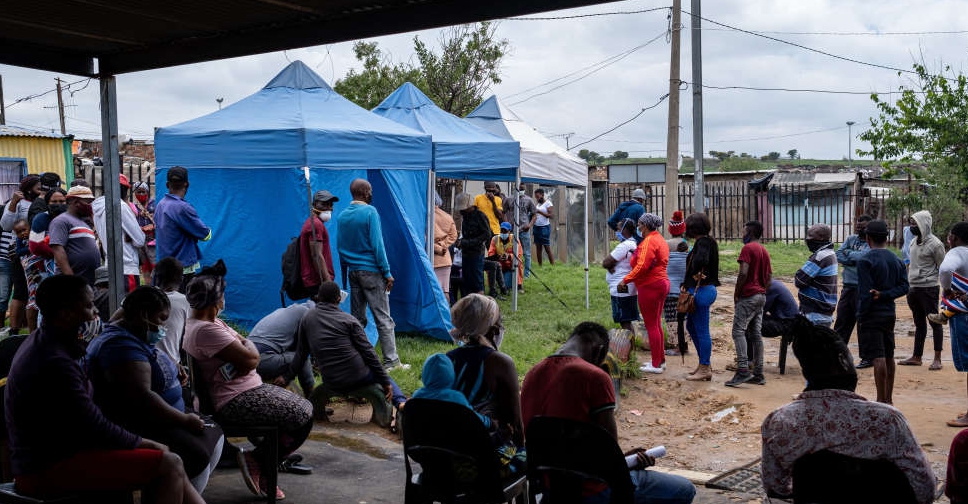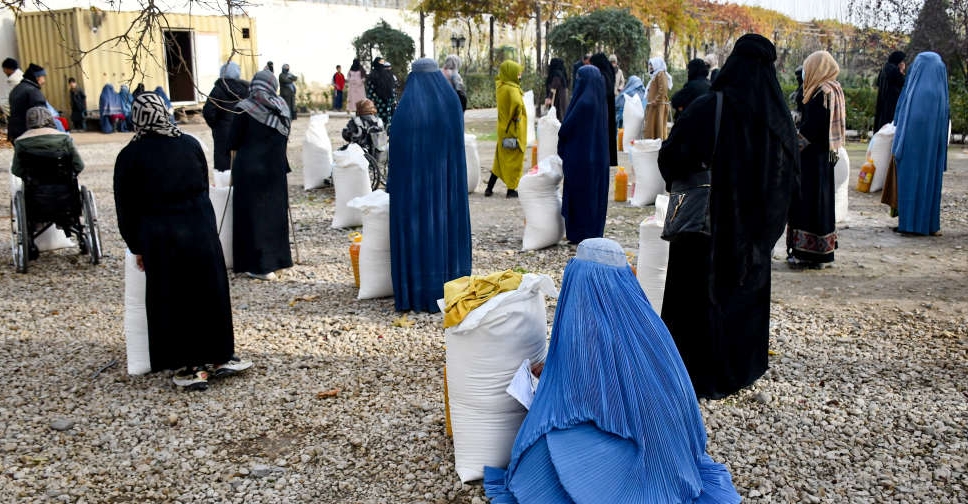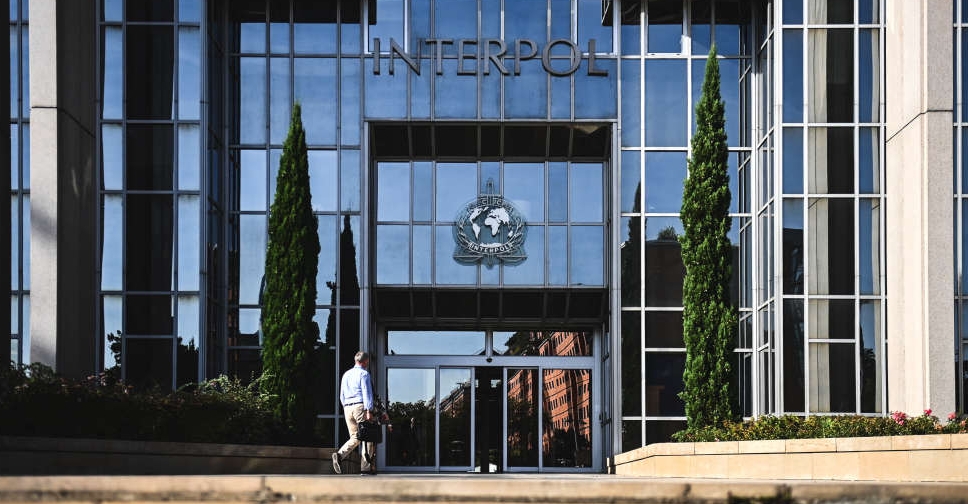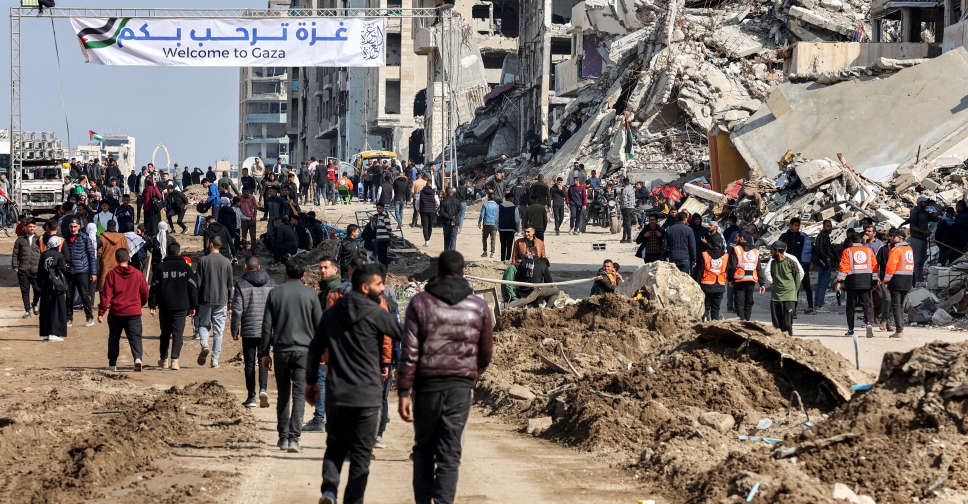
The World Health Organisation (WHO) warned wealthy countries on Thursday against hoarding COVID-19 vaccines for booster shots as they try to fight off the new Omicron variant, threatening supplies to poorer countries where inoculation rates are low.
Many Western nations have been rolling out boosters, targeting the elderly and people with underlying health issues, but worries about the fast-spreading Omicron have prompted some to expand their programmes.
The WHO recommended boosters instead for those with health issues, or those who have received an inactivated shot.
The jury is still out on how effective current vaccines are against Omicron. They have so far proved hugely successful in slowing the spread of the coronavirus and the severity of illness, but low rates of inoculation pose the risk of more dangerous and more vaccine-resistant variants emerging.
"As we head into whatever the Omicron situation is going to be, there is risk that the global supply is again going to revert to high-income countries hoarding vaccine," the WHO's vaccine director, Kate O'Brien told a briefing.
Mike Ryan, WHO emergencies director, said Omicron appeared to be "fitter and faster" but it was not invincible.
"We don't fully understand the implications clinically or the implications for our vaccines. ... What we do in the coming days and weeks, both in terms of virus suppression, vaccination and equity will make a huge difference to the evolution of this pandemic in 2022," he said.
Omicron was first detected in southern Africa and Hong Kong and Africa accounts for 46 per cent of reported cases globally, Richard Mihigo, coordinator of the WHO's Immunisation and Vaccine Development Programme for Africa, told an online briefing.
Just 7.5 per cent of more than one billion people in Africa have had primary vaccine shots.
O'Brien's warning came as supplies to the global COVAX vaccine-sharing programme run by the WHO and charity GAVI have increased in the past few months due to donations from wealthy countries and after India eased limits on exports of vaccines.
She said a major problem for COVAX had been wealthy countries donating vaccines with a relatively short shelf life.
The WHO has said in recent months that administering primary doses should be a priority and its vaccine advisory panel recommended on Thursday that people who are immunocompromised or received an inactivated vaccine should receive a booster.
Coronavirus infections have been reported in more than 210 countries and territories since the first cases were identified in central China two years ago.
More than 267.28 million people have been infected and nearly 5.6 million have died, according to a Reuters tally.
LOCKDOWN PARTIES
WHO Director-General Tedros Adhanom Ghebreyesus said the world was not on track to meet vaccination targets and that Omicron illustrated the "perilous situation" the world was in.
Britain was struggling to enforce tougher restrictions to slow the spread of Omicron after revelations about alleged lockdown parties at Prime Minister Boris Johnson's residence provoked an outcry over hypocrisy.
Johnson apologised in parliament for a video showing staff laughing about a party in Downing Street during a 2020 Christmas COVID lockdown when such festivities were banned for the population.
World stock markets stalled at two-week highs on Thursday as increased restrictions in parts of the world to contain the spread of Omicron tempered optimism on the vaccine front.
John Nkengasong, the head of the Africa Centres for Disease Control, said on Thursday the Serum Institute of India (SII), the world's biggest vaccine maker, had let Africa down by pulling out of talks to supply vaccines.
He denounced recent comments from the SII that uptake of its COVID-19 shots had slowed because of low demand from Africa and vaccine hesitancy, saying the real problem lay with the institute.
Serum did not immediately respond to a Reuters request for comment.
Nkengasong said SII had engaged in discussions last year with the Africa Vaccine Acquisition Task Team (AVATT), and that at one point he had believed a deal was very close, but then SII abruptly ended the talks.
"Serum just decided to act in a very unprofessional manner and stop communicating with AVATT team, so that created a situation where we found ourselves extremely unhappy ... and then engaged with Johnson & Johnson," he said.
African countries had agreed to buy 400 million doses of COVID vaccines from J&J, abandoning efforts with SII, he said.



 DeepSeek hit by cyberattack as users flock to Chinese AI startup
DeepSeek hit by cyberattack as users flock to Chinese AI startup
 India, China to resume direct air travel after nearly five years
India, China to resume direct air travel after nearly five years
 WFP says aid cuts to Afghanistan leave millions hungry
WFP says aid cuts to Afghanistan leave millions hungry
 37 terrorists arrested in East Africa, Interpol says
37 terrorists arrested in East Africa, Interpol says
 Gaza residents start to return north as crossings open
Gaza residents start to return north as crossings open







